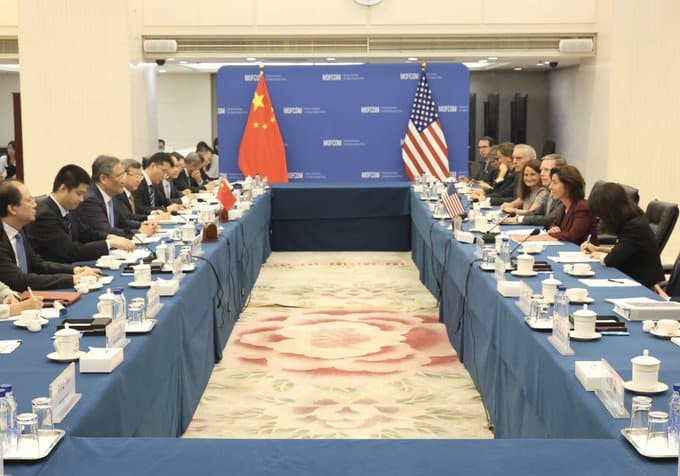The Commerce Department on Tuesday broadened export controls in an aim to block China and other nations from acquiring advanced computer chips and the equipment to manufacture them.
Along with China, the rules will expand to restrict broader collection of advanced chips and chipmaking tools to more countries, including Iran and Russia, as well as Chinese administrative regions like Macao.
The new measures are intended to impede China’s military development by closing loopholes in regulations that were released last October. According to Commerce Secretary Gina Raimondo, they’ll likely be updated “at least annually.”
“These export controls are intended to protect technologies that have clear national security or human rights implications,” Raimondo said on a conference call with reporters. “The vast majority of semiconductors will remain unrestricted. But when we identify national security or human rights threats, we will act decisively and in concert with our allies.”
The new curbs stem from technical analysis and consultations within the tech industry.
Raimondo told reporters that the curbs are meant to limit China’s access to “advanced semiconductors that could fuel breakthroughs in artificial intelligence” and other advanced tech that are “critical” to China’s military.
The broader restrictions come amid heightened tensions between the U.S. and China in recent months, including last year’s initial restrictions on China-bound exports of advanced semiconductors and equipment.
This past August, Raimondo and her Chinese counterpart, Wang Wentao, agreed to set up new channels of communication for economic and trade issues. Following that meeting, the two Commerce minsters agreed to meet in person at least once annually.
PHOTO: China U.S. commerce meeting, August 28
Read more exclusive news from Political IQ.


